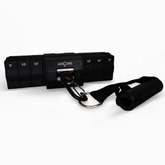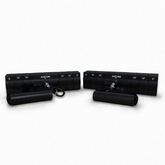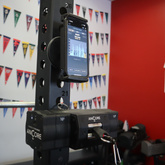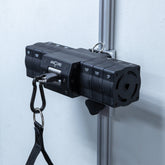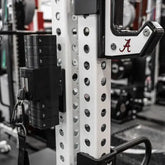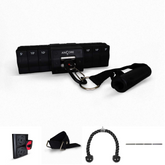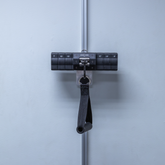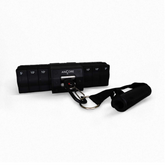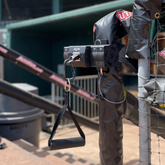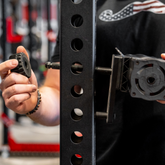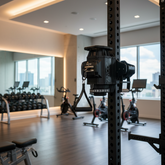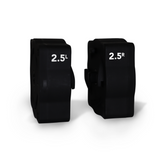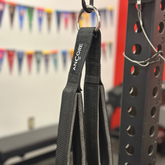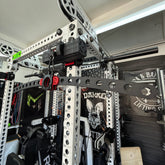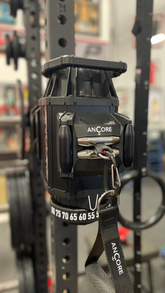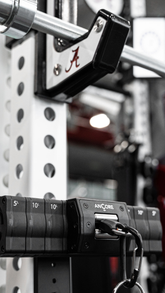#5 Be Reliable Like The Old Clock That Doesn't Stop

Reliability is often underrated. Most of the time, you have control over it. You can set expectations that shape how others see your reliability. So, don’t promise what you can’t deliver. Be consistent, and allow for some buffer.
At the same time, setting low expectations doesn’t guarantee success. If people rely on you to be “bad,” you’ve missed the mark. There’s a baseline you need to maintain—never dip below it.
Reliability is built on simple things, like doing what you said you would, when you said you’d do it. Show up, and show up on time. Not ignoring people also goes a long way. You don’t need to let non-urgent matters steal your time, but you should make people feel acknowledged—it helps future relationships.
Think about what gym members value. Can they count on classes starting and ending on time, getting a great workout, and feeling welcome? This same principle applies to our support team. Downtime is bad for customers, and we need to be dependable. Sure, physical products will always need maintenance, but we should make the servicing experience easy and reliable. When a customer reaches out to us, they know they’ll get a prompt response and a clear resolution.
In the end, people often pay more for reliability. So, ask yourself—how can I become more reliable? We’re still working on this.
By: Isaac Lewis, November 2024










